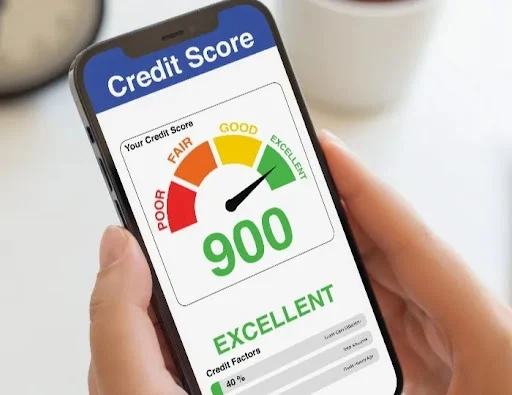Tricks to Improve Your Credit Score Quickly and Save Thousands
I'll help you understand effective strategies to improve your credit score efficiently. Here are the most impactful approaches:
Immediate Actions (0-30 days)
Pay down credit card balances below 30% of your credit limits, ideally under 10%. This affects your credit utilization ratio, which makes up 30% of your score. If you have cards at 80% utilization, dropping to 10% can boost your score by 50-100 points within a month.
Request credit limit increases on existing cards without using the extra credit. This instantly lowers your utilization ratio. Call your card companies and ask - many approve increases without hard credit pulls for existing customers.
Pay off collections or charge-offs through "pay for delete" agreements. Contact creditors directly and negotiate to remove negative marks in exchange for payment. Get agreements in writing before paying.
Quick Wins (30-60 days)
Become an authorized user on someone else's account with excellent payment history and low utilization. Their positive history gets added to your report immediately. Choose someone with a long credit history and perfect payment record.
Dispute inaccurate information on your credit reports. Check all three bureaus (Experian, Equifax, TransUnion) for errors like incorrect late payments, wrong account balances, or accounts that aren't yours. Disputes must be resolved within 30 days.
Pay all bills before due dates, not just the minimum. Payment history accounts for 35% of your score, so even one late payment can drop your score significantly.
Medium-term Strategies (60-180 days)
Keep old credit cards open to maintain credit history length. Closing cards reduces your available credit and can hurt your score. If there's an annual fee, ask to downgrade to a no-fee version.
Pay credit card balances multiple times per month to keep reported balances low. Credit cards report balances on your statement date, so paying before then shows lower utilization.
Consider a secured credit card if you have limited credit history. These require a deposit but help build positive payment history quickly.
Money-Saving Impact
A credit score increase from 650 to 750 can save you significant money. On a $300,000 mortgage, this could mean a 0.5-1% lower interest rate, saving $50,000-$100,000 over the loan's life. Auto loans, personal loans, and even insurance rates improve with better credit.
What to Avoid
Don't close old accounts, apply for multiple new cards quickly, or use credit repair companies that charge upfront fees. Avoid paying collections without negotiating removal first, as paid collections still hurt your score.
Focus on the highest-impact actions first: paying down balances, fixing errors, and maintaining perfect payment history. These three strategies alone can improve most scores by 50-150 points within 3-6 months.

Comments
Post a Comment